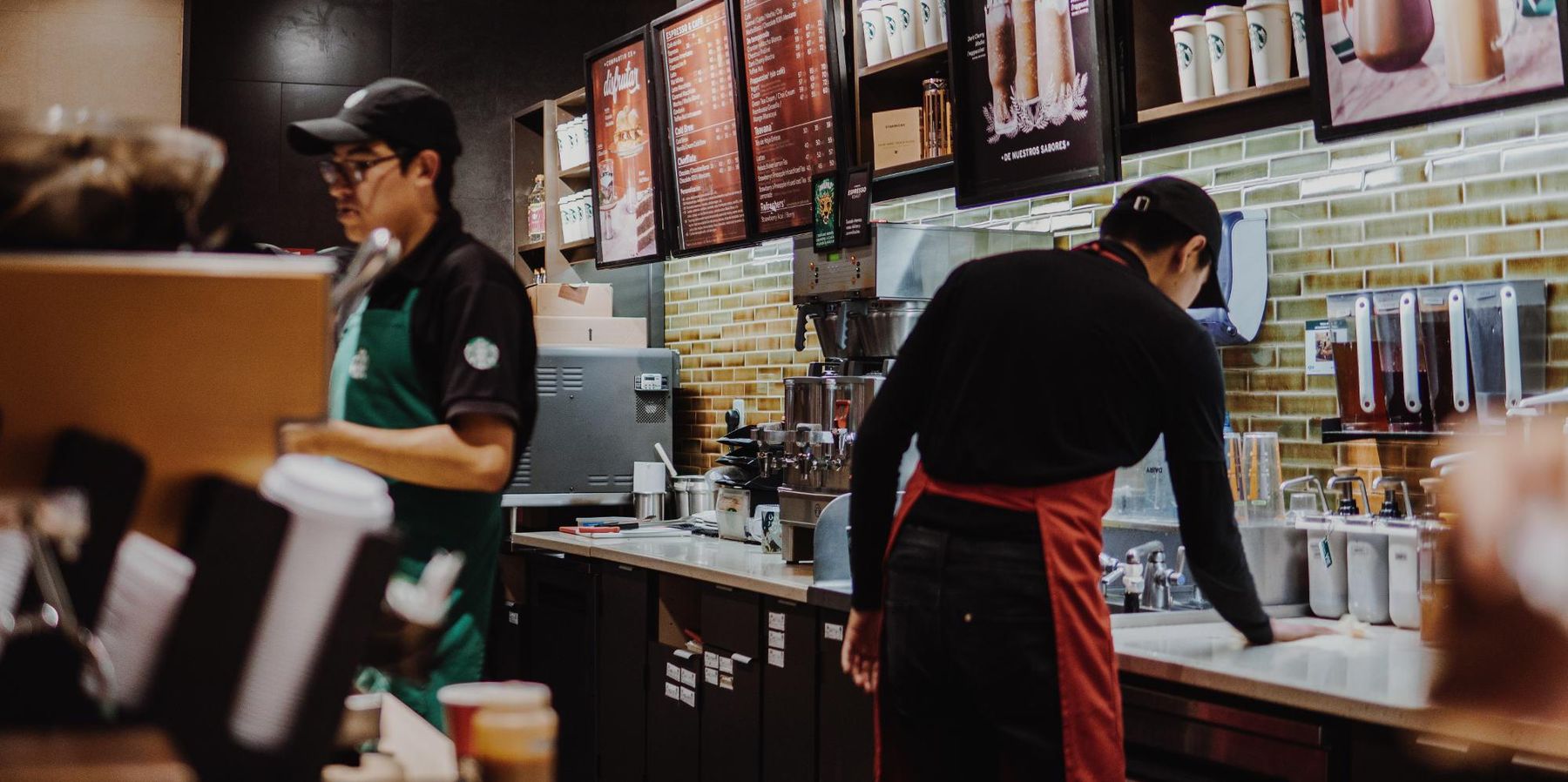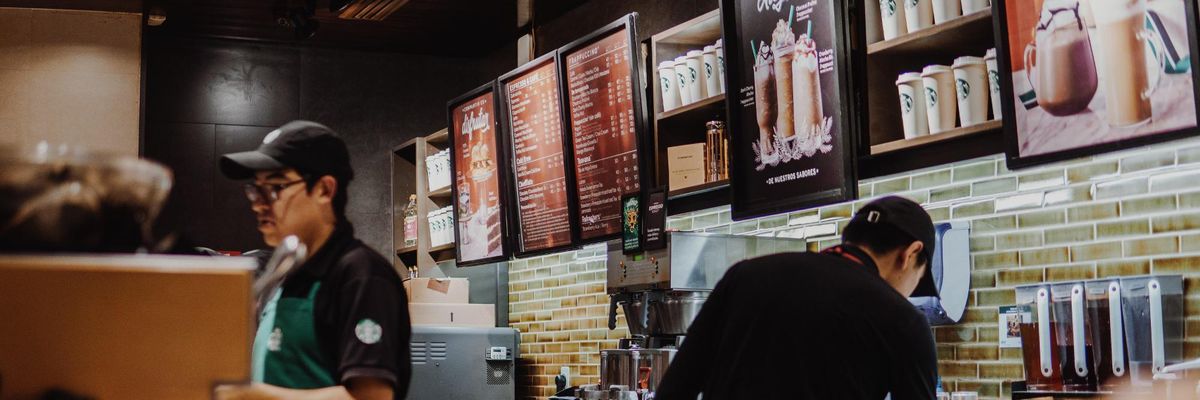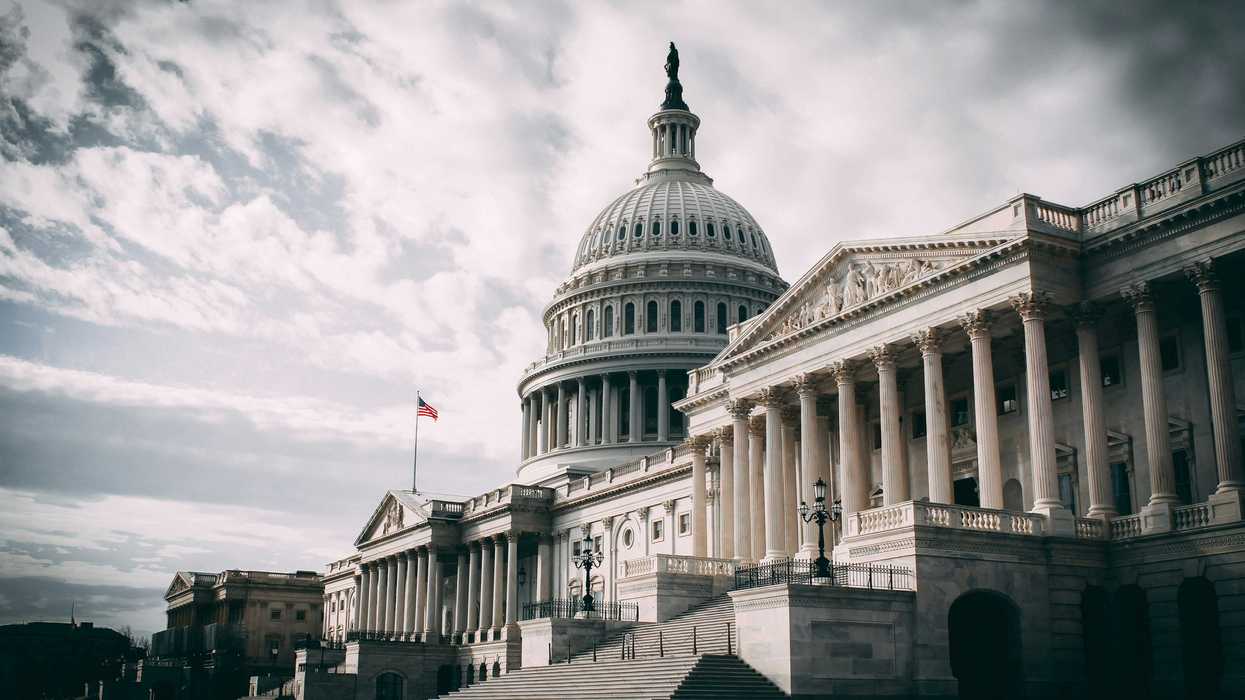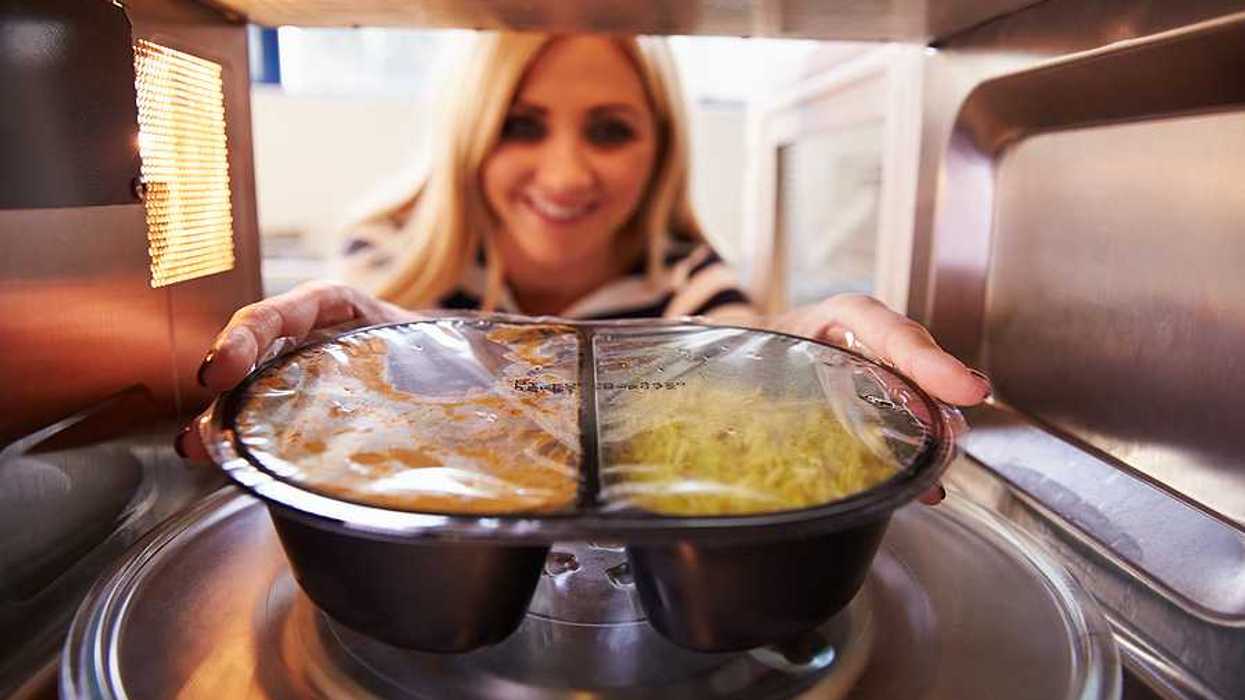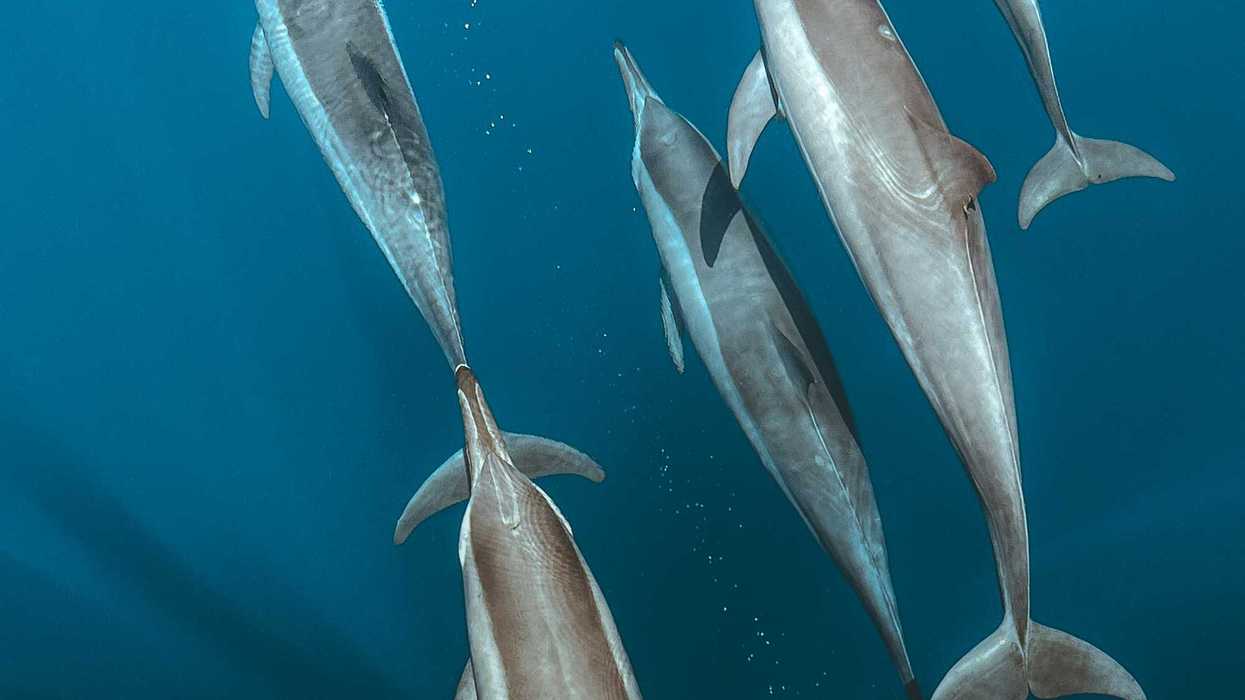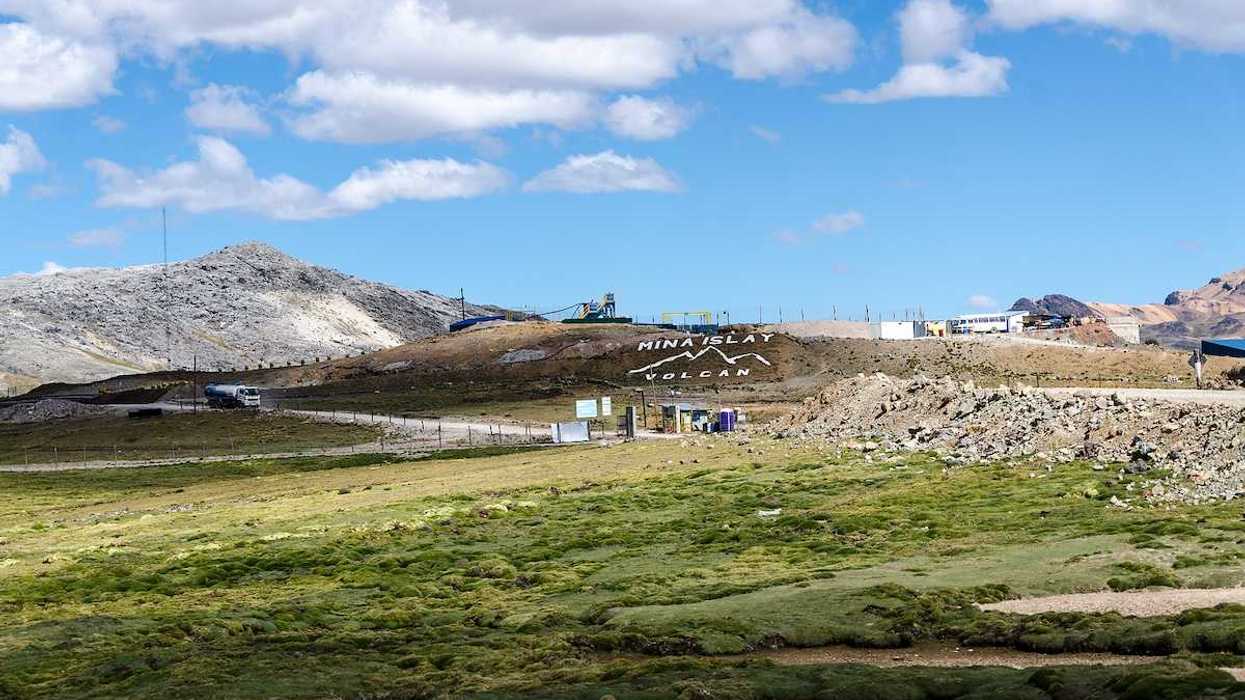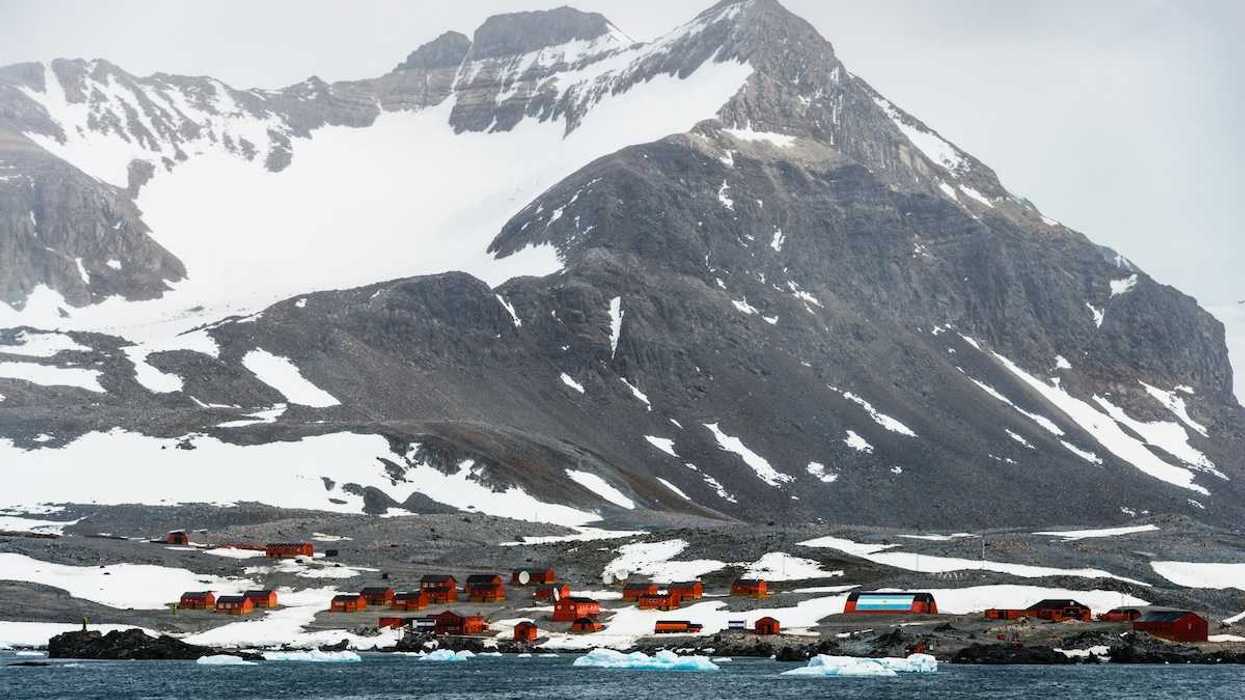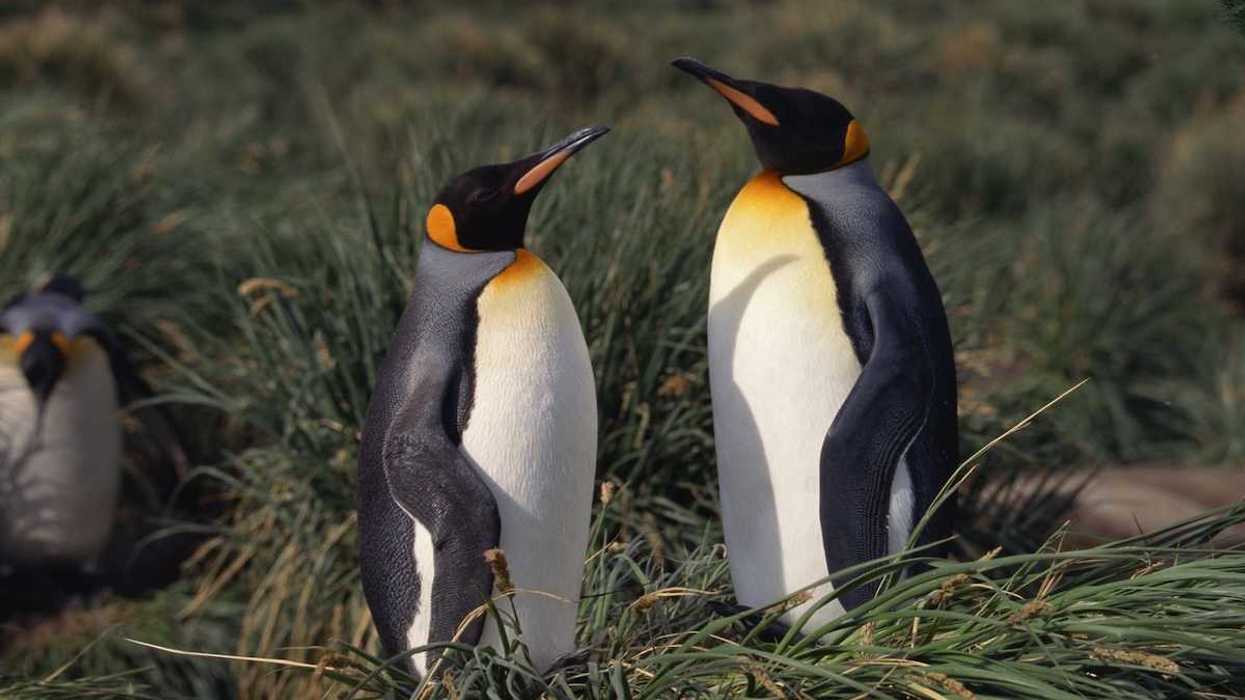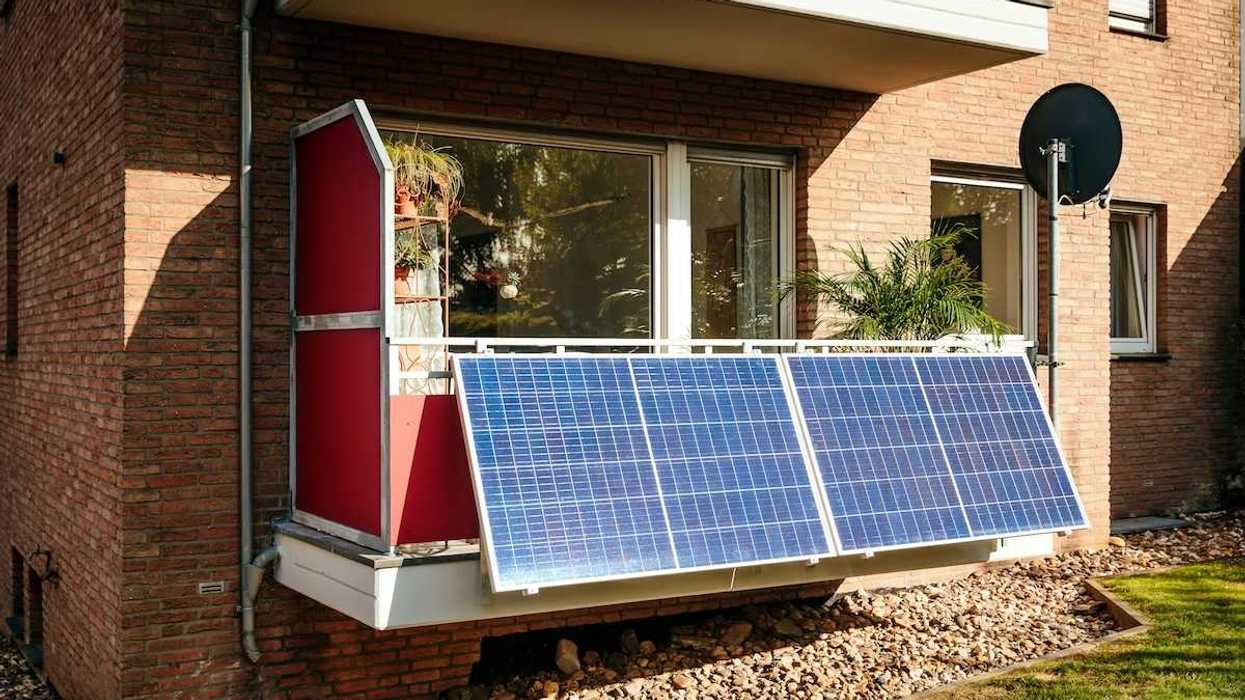Starbucks earlier this month announced its first commitment to eliminate harmful PFAS chemicals in its food packaging in both the U.S. and abroad, joining other large companies in banning the toxics.
The Starbucks PFAS ban—announced March 15—pledges to rid all U.S. packaging of the chemicals by the end of the year, and internationally by the end of 2023.
Per- and polyfluoroalkyl substances (PFAS) are linked to a host of health problems including kidney and testicular cancer, liver and thyroid problems, reproductive problems, pregnancy-induced high blood pressure, low birthweight, increased risk of birth defects, immune system impacts, and others. Food packaging like takeout containers and wrappers is a common route of PFAS exposure.
The U.S. Food and Drug Administration has not restricted PFAS in food packaging, leaving it up to states or businesses to take action. The Starbucks announcement comes as Restaurant Brands International—which owns Burger King, Popeyes, and Tim Hortons—last week announced it would eliminate PFAS in food packaging by 2025 in all stores worldwide. McDonald’s and Taco Bell previously pledged to ban the chemicals by 2025 as well.
The Starbucks ban is part of the coffee giant’s broader new sustainable packaging policy, which includes shifting to reusable cups, a new recycling app for company partners, increasing the amount of recycled material used in cups, and using paper certified by the Forest Stewardship Council.
Ridding products of PFAS is a major challenge—even when the chemicals are not intentionally added they can creep into products via the manufacturing process. In collaboration with wellness community Mamavation, EHN has in recent months investigated PFAS in consumer products—many marketed as "green" or "clean"—and found evidence of the chemicals in clothing, makeup, and food.
Related: What are PFAS?
Environmental and health advocacy groups applauded the Starbucks move, and pressed lawmakers to use these company pledges as an impetus for a federal ban.
“We’re thrilled to see Starbucks moving quickly to join the growing list of food chains committed to protecting their customers from unnecessary toxic PFAS that can harm our health,” said Mike Schade, director of Mind the Store, a program of Toxic-Free Future, in a statement. “Now more than ever, customers want to see that the companies they buy from are fully committed to protecting their health. With so many retailers publicly committing to eliminating PFAS from their packaging, now is the time for Congress to act.”
Follow our PFAS testing project with Mamavation at the series landing page.
Want to know more about PFAS? Check out our comprehensive guide.
Have something you want tested for PFAS? Let us know and write us at feedback@ehn.org.
Banner photo credit: Asael Peña/Unsplash
- Investigation: PFAS on our shelves and in our bodies - EHN ›
- PFAS cosmetics studies are “springboard” for litigation - EHN ›
- Unintentional PFAS in products: A “jungle” of contamination - EHN ›
- IN DEPTH: First-of-its kind testing points to dangers and unknowns ... ›
- What are PFAS? - EHN ›
- New Washington state bill is the “fastest timeline in the nation” for phasing out PFAS - EHN ›
- Want single-use foodware without harmful chemicals? A new certification will help you find it - EHN ›
- Outdoor brands phase out PFAS, “forever chemicals,” ahead of state bans - EHN ›
- Minnesota enacts nation’s broadest ban of “forever chemicals” - EHN ›
- Are you spreading PFAS on your morning toast? - EHN ›
- Burgers and fries with a side of PFAS - EHN ›
- 2024 could be a big year for PFAS bans: Report - EHN ›

